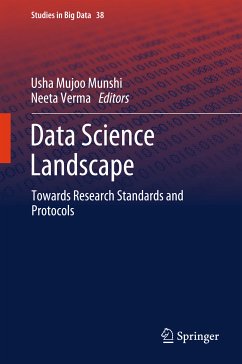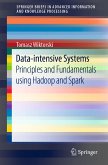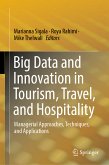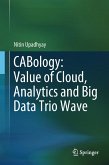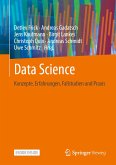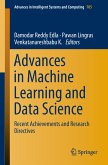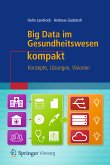The idea of this work germinated from the two day workshop on "Big and Open Data - Evolving Data Science Standards and Citation Attribution Practices", an international workshop, led by the ICSU-CODATA and attended by over 300 domain experts. The Workshop focused on two priority areas (i) Big and Open Data: Prioritizing, Addressing and Establishing Standards and Good Practices and (ii) Big and Open Data: Data Attribution and Citation Practices. This important international event was part of a worldwide initiative led by ICSU, and the CODATA-Data Citation Task Group.
In all, there are 21 chapters (with 21st Chapter addressing four different core aspects) written by eminent researchers in the field which deal with key issues of S&T, institutional, financial, sustainability, legal, IPR, data protocols, community norms and others, that need attention related to data management practices and protocols, coordinate area activities, and promote common practices and standards of the research community globally. In addition to the aspects touched above, the national / international perspectives of data and its various contours have also been portrayed through case studies in this volume.
Dieser Download kann aus rechtlichen Gründen nur mit Rechnungsadresse in A, B, BG, CY, CZ, D, DK, EW, E, FIN, F, GR, HR, H, IRL, I, LT, L, LR, M, NL, PL, P, R, S, SLO, SK ausgeliefert werden.

